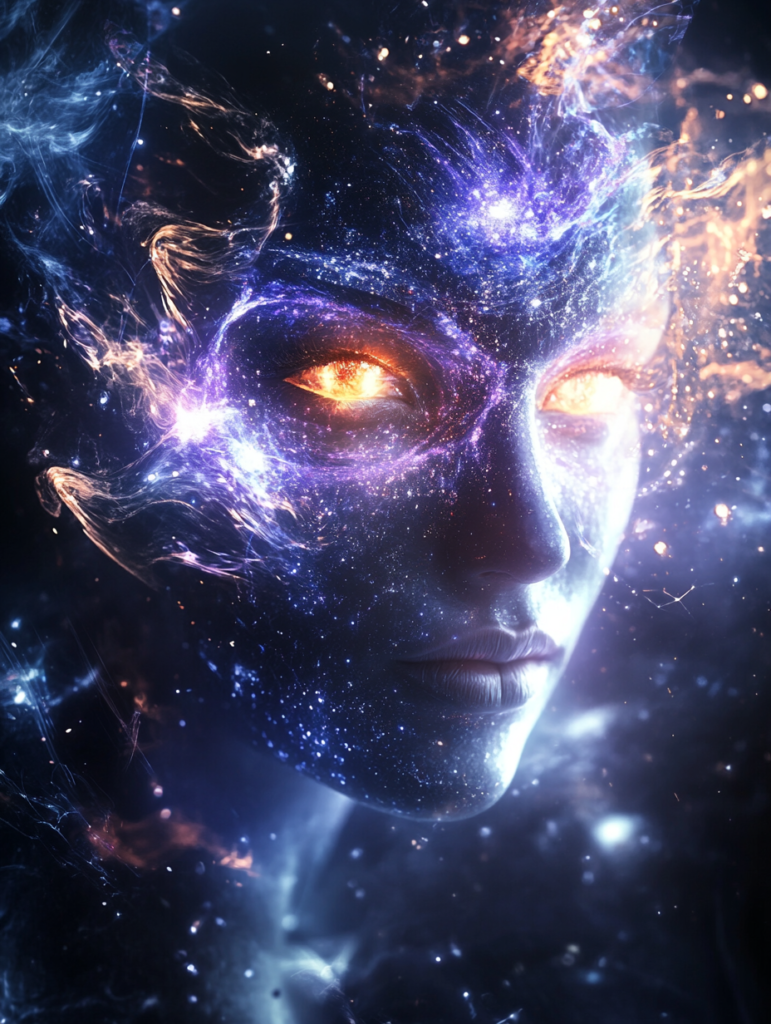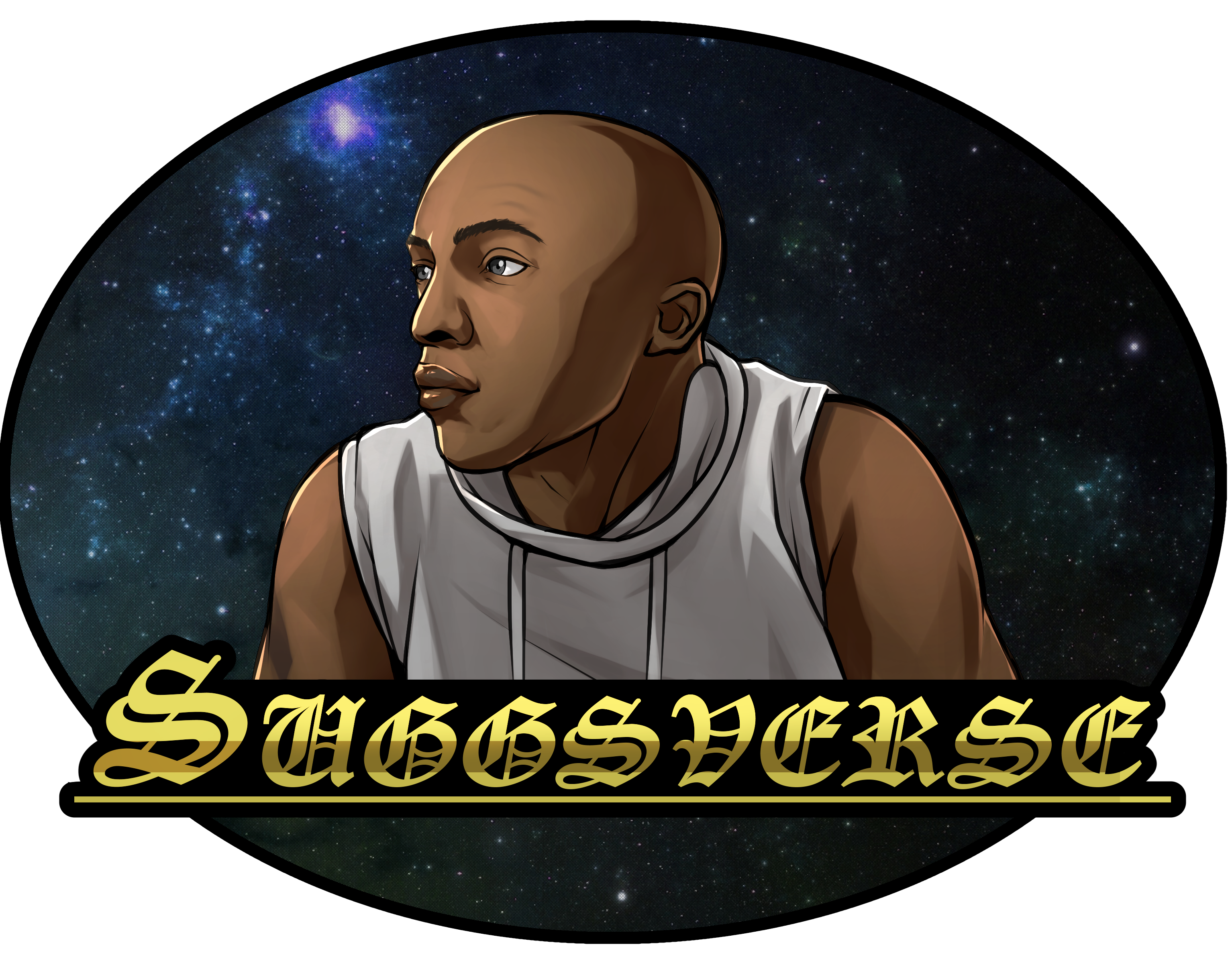The Absolute
The Absolute is the concept of an unrestricted reality that transcends limited, conditional, observable existence. The concept of The Absolute possesses disconnected will, intelligence, and awareness and is a personal, impersonal, and transpersonal nature. It is the source through which the all-encompassing principle of "being" emanates. It contrasts with finite things, considered individually, and known collectively as the relative. The word "Absolute" signifies a negative concept: non–relative, non– non-comparative, or without relation to anything else.
- The Absolute is always in reference to an ultimate, omniversal, or absolute nature of reality; an underlying, invariant, omniversal metaphysical "source".
- The term Absolute denotes unconditioned and/or independence in the strongest sense. It includes and overlaps with meanings implied by other concepts such as infinite, totality, and perfection.
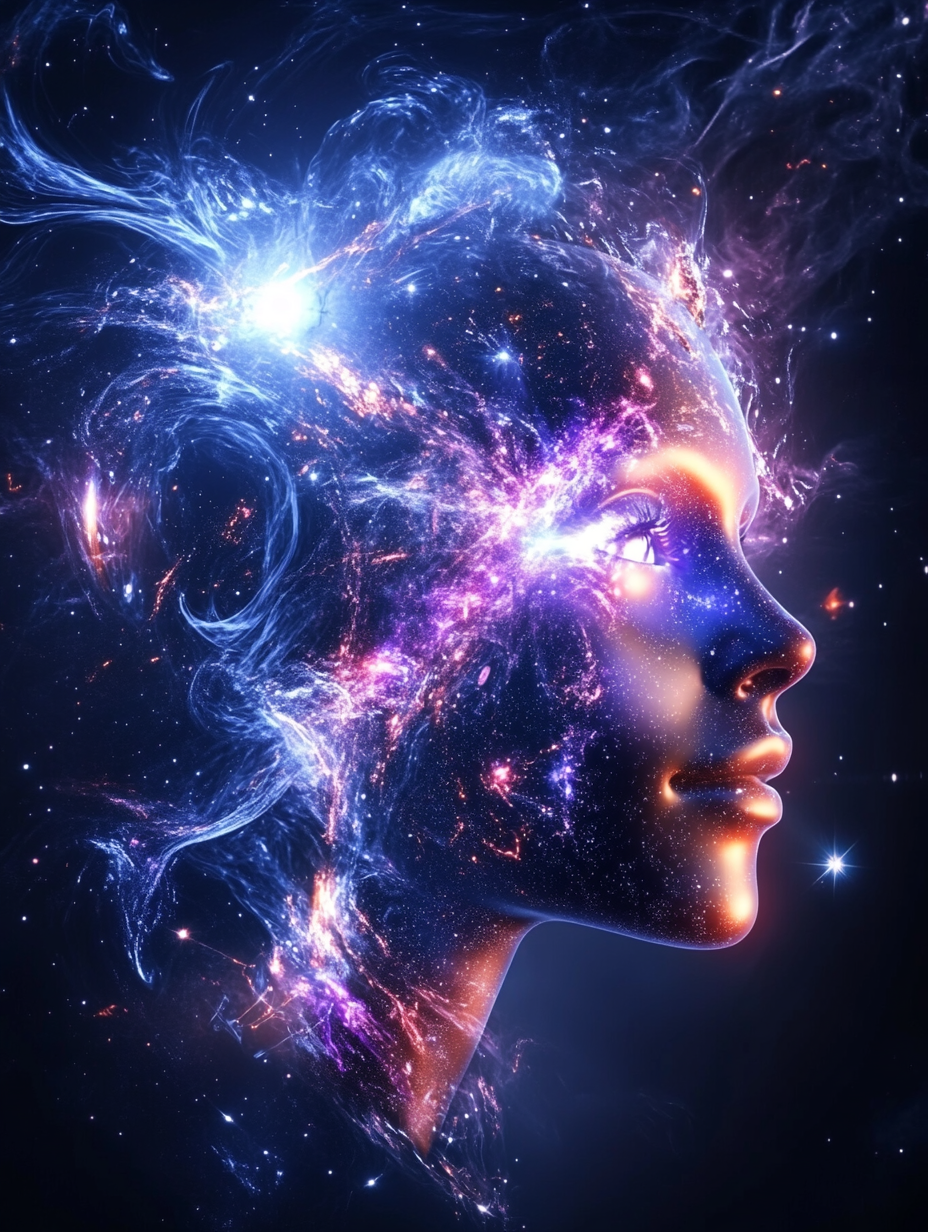
All forms of existence emanate from 'The Absolute'. The Absolute is a non-sentient power or force. The concept of the Absolute is regarded as Pure Act, unadulterated with remaining potential.
- Words are but symbols for the relations of things to one another and to us; nowhere do they touch upon absolute truth.
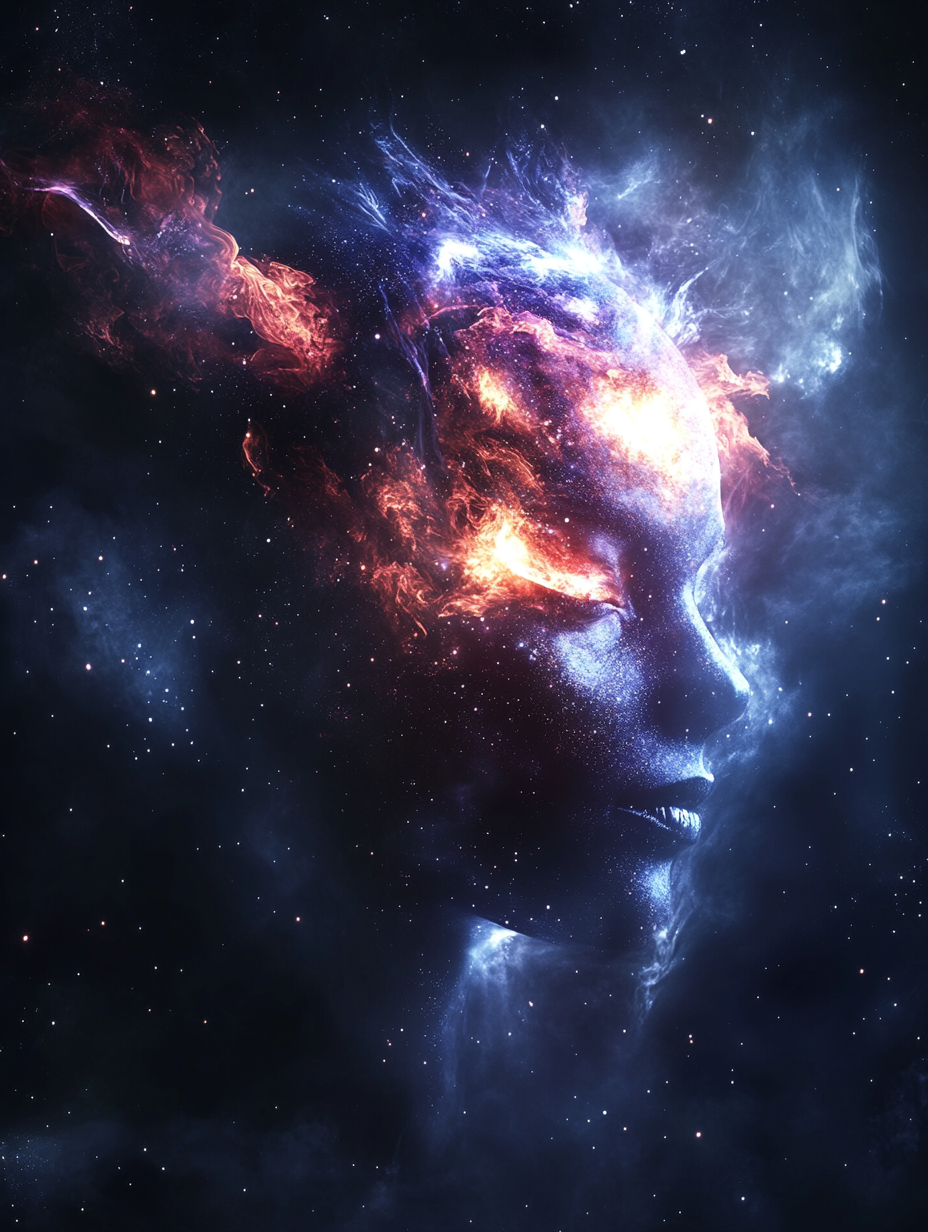
In philosophy, the Absolute is the term used for the ultimate or most supreme being, usually conceived as either all-encompassing "the sum of all being, actual and potential", or otherwise transcending the concept of "being" altogether.
- The Absolute is a single overarching intelligible system, removed from characterization in terms of consciousness or experience.
- Something that is Absolute, in itself, is not immediately or directly accessible by human perception, experience, and comprehension.
- If the term Absolute is understood in the strict sense, it rejects the relativity which is inherent to the mechanism of human cognition, understanding, and language.
- When the term Absolute is applied to existence, the Absolute can be understood as a being whose essence is existence. If the existence of a being is dependent on others, it cannot be Absolute.
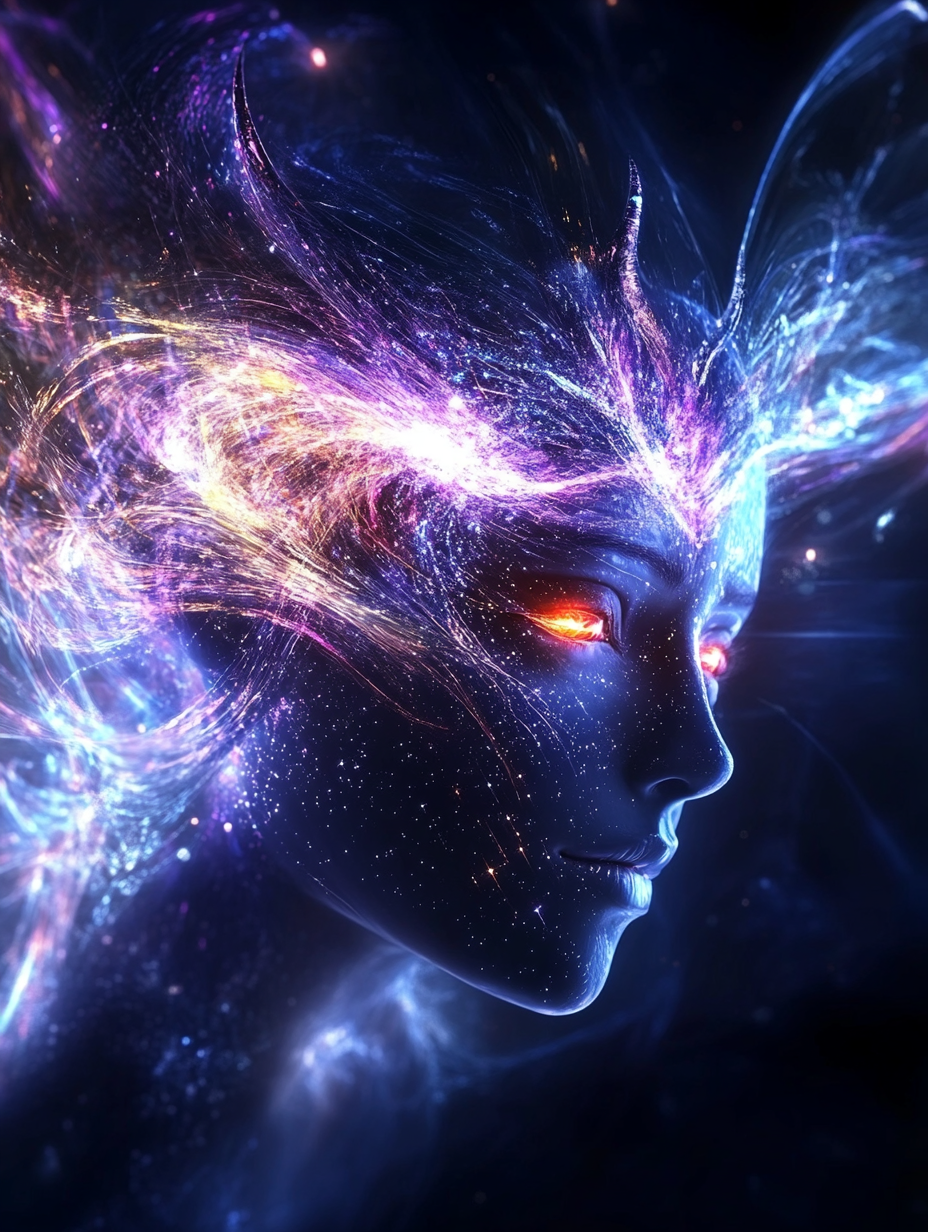
The general commonalities between the various versions of the Absolute are infinity, indescribability, formlessness, transcendence, and immanence. An additional commonality is that the Absolute must renounce and/or transcend physical existence and its distractions even to the point of extinguishing identity and individual awareness.
- The Absolute is a concept of an Omniversal subconsciousness, undivided and incapable of being depicted through spirit or representation.
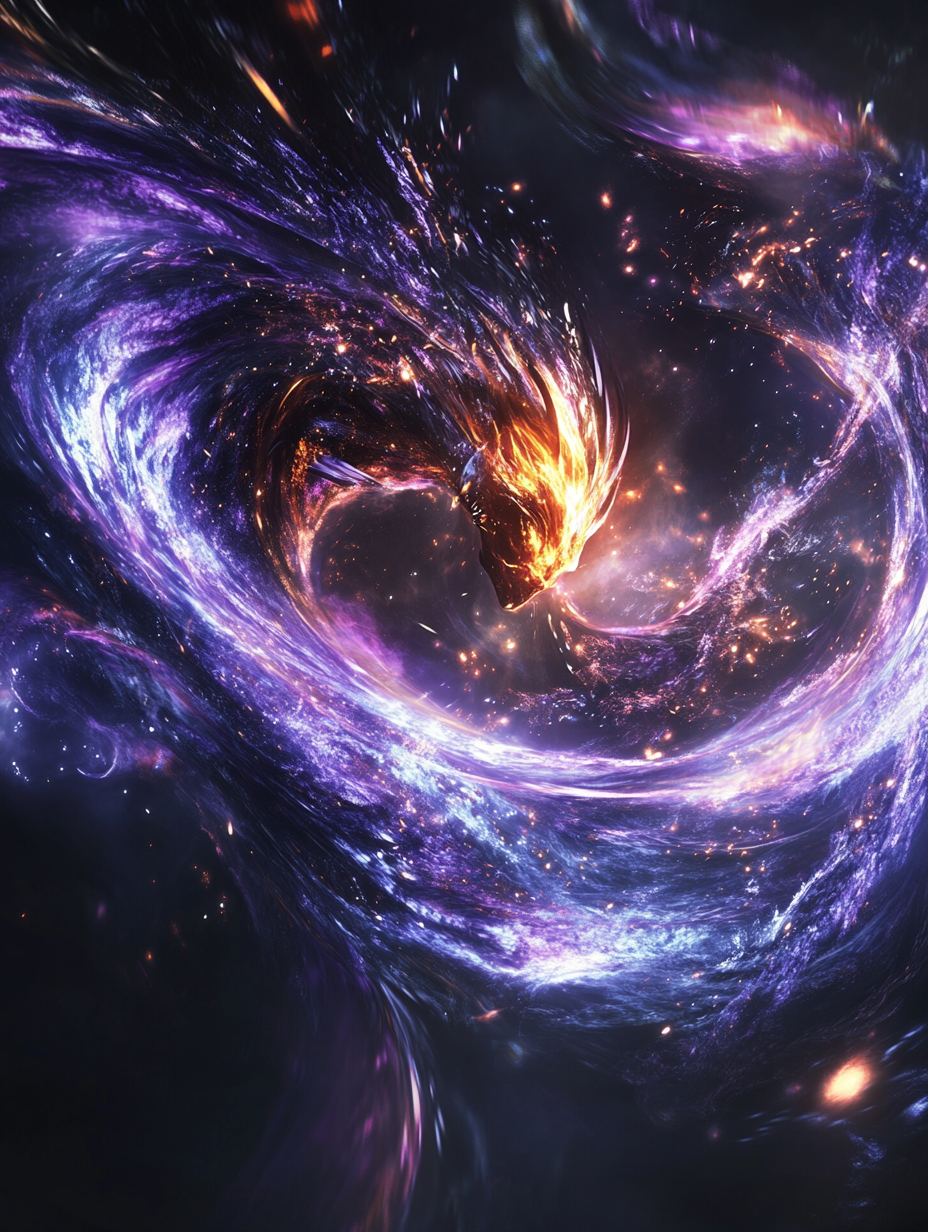
The Absolute is distinguished from the following concepts:
- Thing-in-itself, an actual object and its properties independent of any observer.
- Noumenon is an object as it is in itself independent of the mind.
- The thing in itself is used to distinguish an actual object from phenomena (the appearance of things-in-themselves to the senses).
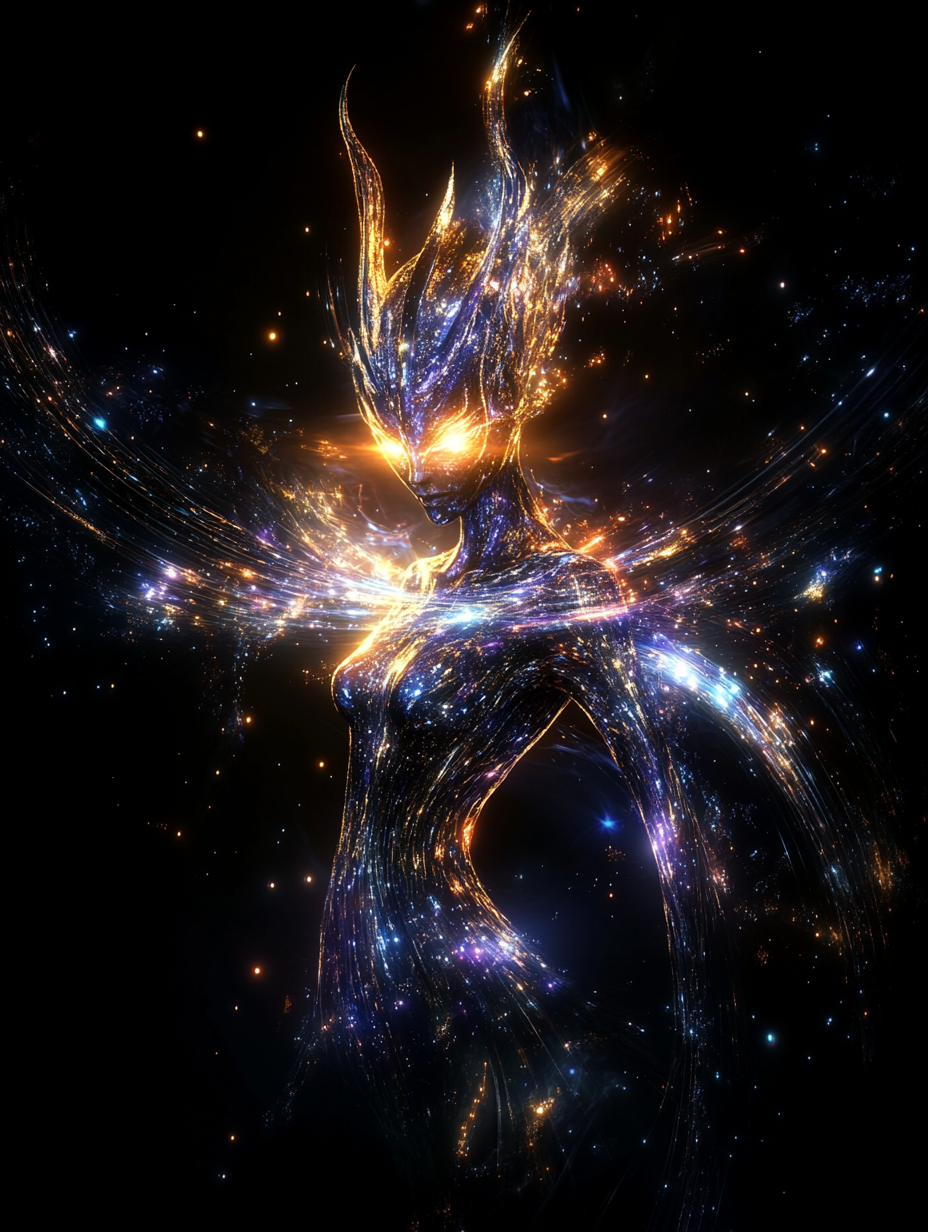
The term absolute describes whatever is free from any condition or restriction, and independent from any other element, chaos, or factor. The Absolute is by definition beyond any conditioning and limitations. The Absolute is an unconditioned and undetermined ultimate principle. The Absolute is defined as the ultimate principle - “undetermined” for the reason that any form of determinacy is an indication of limitation and conditioning. The Absolute is genuinely ultimate, completely free from any limitation. The “undetermined” is divine and eternal.
- The ontological fact of “to be” is the most universal or fundamental commonality of anything that is. Be it an object of thought or cognizing subject or anything whatsoever, any being must “be” in some way to be able to be thought. So The Absolute is “to be.” The Absolute is the ultimate dominance of the concept of being and characterized being or “to be” as absolute reality in the sense of being unconditioned and independent.
- The Absolute is an unconditional truth that is distinguished from natural truths.
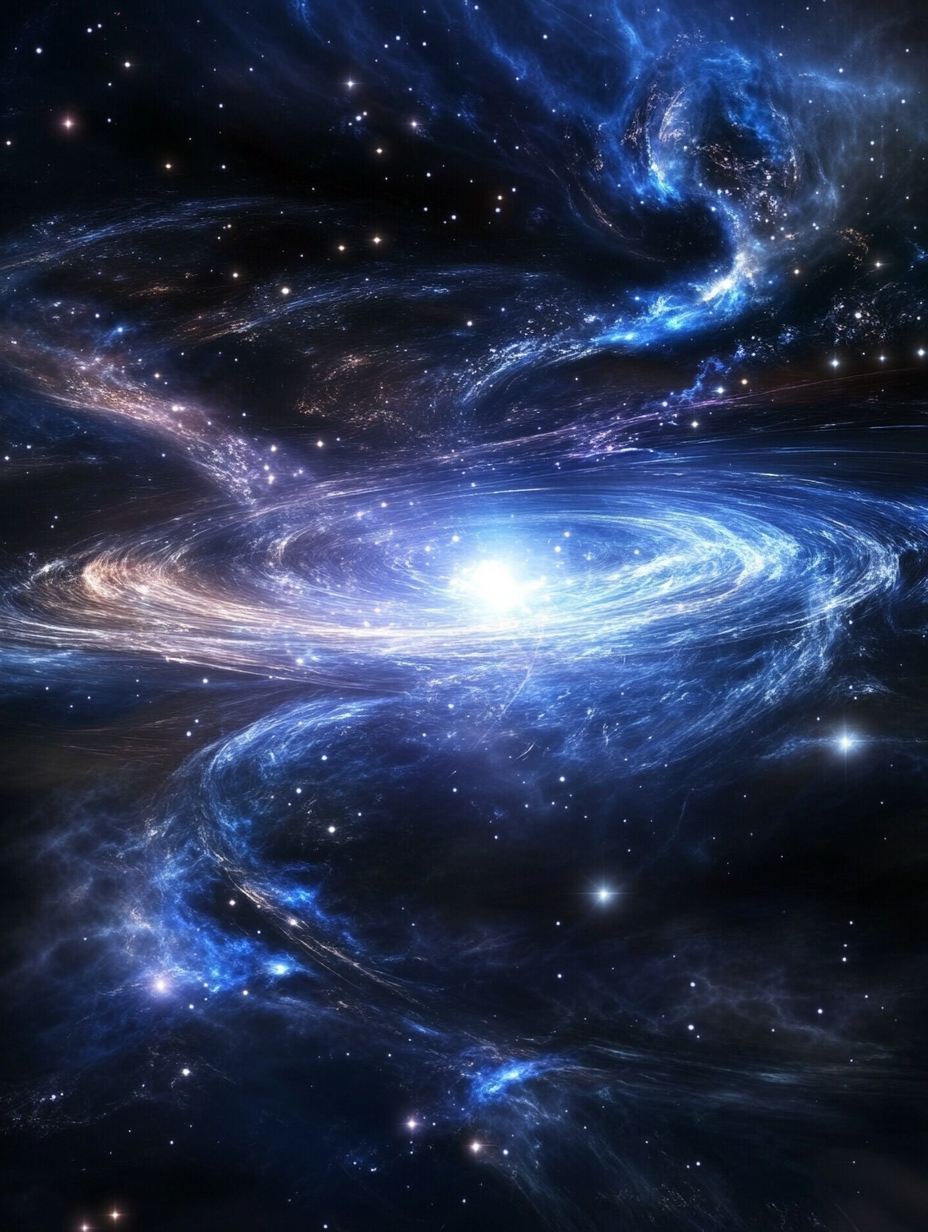
The Absolute established itself without recourse to any other thing whatsoever. The Absolute is presupposed by any human thought, action, and all social, and natural phenomena. The Absolute is the first philosophy for the reason that it initiated the “unmoved mover” of all phenomena. The Absolute is the ultimate principle that is unconditional and independent, which has no prior condition whatsoever.
- Knowledge, cognition, and languages are relative, limited, and conditional, whereas Absoluteness is defined by negating those limitations and conditioning. Thus, knowing, discussing, and even describing the Absolute is inherently difficult.
